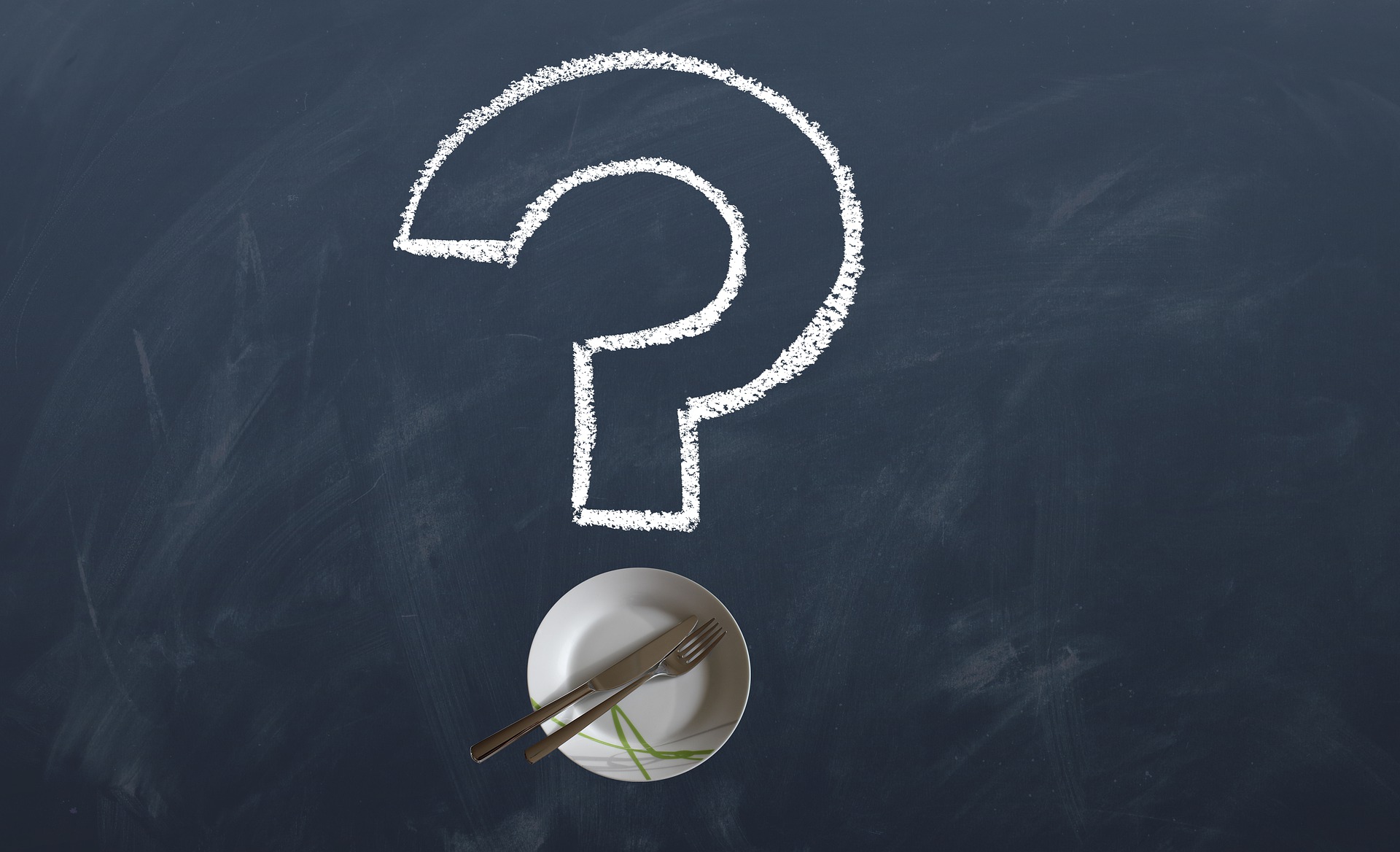Food for Thought: Exploring Food and Eating with Clients
-
-
Julie Friend
Unless we have taken training in nutrition, or are working with eating disorders, we may never broach the topic of food with our clients. This is a shame, suggests attachment-informed counselling psychologist Julie Friend, because such conversations can provide a feast of helpful therapeutic insights – even when a banana is just a banana.

Several years ago, I began to develop a personal interest in nutrition. The more I experienced positive change in wellbeing related to diet, the more I began to see value in developing a curiosity towards my clients’ own relationships with food, self-feeding and self-care. I present below just a few ideas, developed from my own practice, which indicate some avenues into ‘food’ conversations and some of the therapeutic benefits that I have found.
Ways to open up food conversations
Enquiry about food and feeding at assessment can easily sit alongside questions around general health, sleeping patterns and appetite. This can also help to set the tone at the beginning of therapy by communicating the therapist’s curiosity around nutrition and feeding habits.
A client who brings food into the consulting room (we’ve all had this experience, surely?!) can offer a ‘live’ opportunity to discuss appetite and self-feeding. A former client would frequently show up at my office with a strong coffee and a banana. With my Freudian head firmly attached, the possible interpretations for this habit were plentiful and paved the way for rich exploration and understanding – but sometimes, a banana is just a banana! This ‘therapy breakfast’ was also a great way to segue into thinking about the client’s self-care in general. Why was it that she didn’t make time in the mornings to eat before setting off for the day?
When clients have been very dysregulated or emotional, I sometimes ask how they might comfort a friend or family member who was feeling likewise? It is fascinating to note how the imagined offering of solace regularly takes the form of ‘a cup of tea’, ‘a slice of cake’ or something else edible. I encourage my clients to treat themselves as they do others, with compassion and a physical show of care. More in-depth discussions about ‘comfort’ food may then follow. The meanings and memories of food and feeding (both good and bad) can find space in the therapeutic environment, evoking the smells and tastes of childhood and the associated feelings.
Grist to the mill: further benefits to food talk…
Thinking jointly about nutrition and relationship with food can become a way of encouraging clients’ self-curiosity and spur an interest in their own self-care.
Food conversations can illuminate childhood experiences and relationships, both healthy and unhealthy ones.
Insight can be gained into the transference relationship – is the therapist experienced as caring and maternal or intrusive and overbearing? Or maybe both? For example, one former client of mine found my curiosity regarding her feeding habits very reassuring and this led to deeper conversations about her mother’s misattunement and inconsistency. Showing an interest in her without intrusion enabled the client to (eventually) internalise me as a ‘good object’, leading to partial ‘earned’ security.
How clients react to interest and discussion about self-feeding can provide clues to predominant attachment styles and relationship with self. Take ‘Andy’, a client who initially loathed any questions about nutrition and feeding habits, finding them to be irrelevant and a waste of time. Our conversations were mostly stilted, controlled and restrictive. His impoverished narrative style and his inability to digest any talk of self-feeding and self-care helped me to speculate on his attachment style: dismissing/avoidant. Over time, these ‘food’ discussions (I persevered!) not only offered insight into an unhealthy, restrictive diet but also helped the development of Andy’s process: the therapeutic attachment relationship began to matter.
Interestingly, research has shown that therapists’ personal attitudes towards diet, health and exercise will impact on their likeliness to engage with such issues in the consulting room. So before we invite our clients to take a closer interest, is it worthwhile exploring our own attitudes to food, feeding and self-nurture in more depth first?
Attachment, Relationships and Food: from cradle to kitchen a new book about food and attachment edited by Linda Cundy and featuring a contribution by Julie Friend, is published by Routledge.